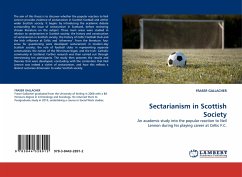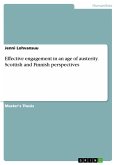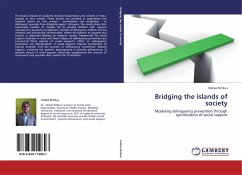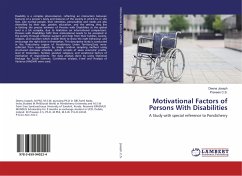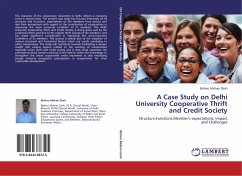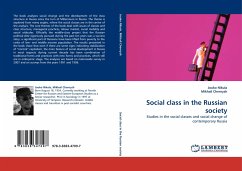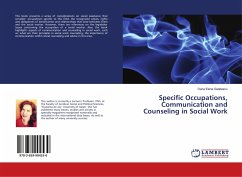The aim of this thesis is to discover whether the popular reaction to Neil Lennon provides evidence of sectarianism in Scottish football and within wider Scottish society. It begins by introducing the academic debate surrounding the issue of sectarianism in Scotland, before reviewing chosen literature on the subject. Three main areas were studied in relation to sectarianism in Scottish society: the history and construction of sectarianism in Scottish society, the history of Celtic Football Club and the Irish influence at Celtic and otherness'. From the literature, four areas for questioning were developed: sectarianism in modern-day Scottish society; the role of football clubs in representing separate communities; the notion of the 90-minute-bigot; and the Irish- Catholic community in Scotland. Further research was then carried out through interviewing ten participants. The study then presents the results and theories that were developed, concluding with the contention that Neil Lennon was indeed a victim of sectarianism, and how this reflects a distinct sectarian dimension to wider Scottish society.
Bitte wählen Sie Ihr Anliegen aus.
Rechnungen
Retourenschein anfordern
Bestellstatus
Storno

